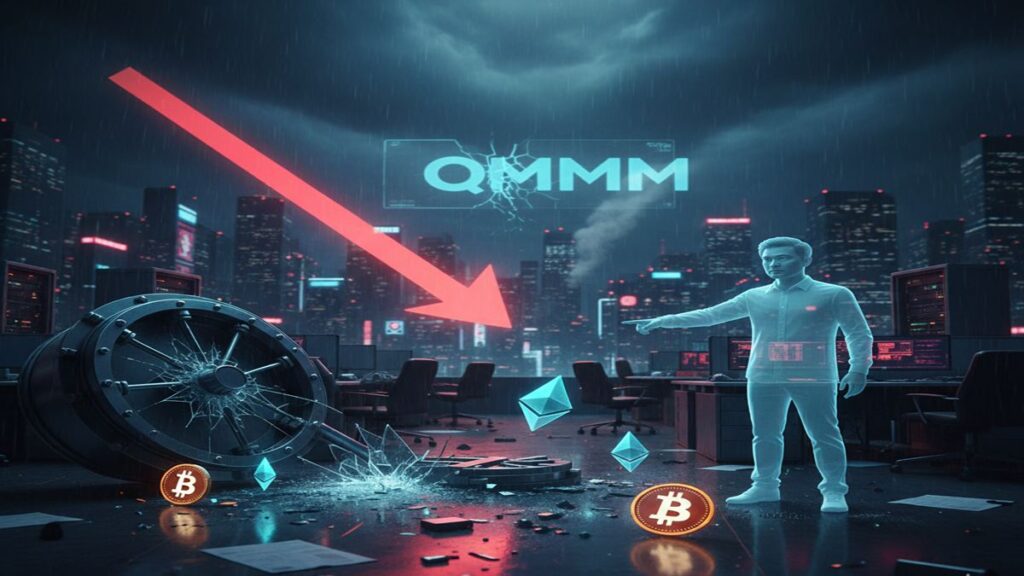TL;DR
- Changpeng ‘CZ’ Zhao recommended that treasury firms (DAT) use third-party custodians following the QMMM case.
- QMMM, a Hong Kong DAT firm, disappeared after its shares were suspended for market manipulation.
- QMMM’s stock soared 959% before being frozen, with no evidence that it purchased cryptocurrencies.
Binance founder Changpeng ‘CZ’ Zhao has sent a strong message to the digital asset industry: treasury companies (DAT) must use third-party custodians to store their cryptocurrencies as a fundamental precautionary measure.
This CZ’s warning on custody comes as a direct response to the scandalous case of QMMM, a multi-coin treasury company that has allegedly “disappeared.”
QMMM, a Hong Kong-based, US-listed firm, had recently gained notoriety after its shares experienced an astronomical rally of 959%. However, trading was abruptly suspended due to accusations of price manipulation.
It is said that the company used social media, including Reddit, to artificially inflate its stock value, a fact that attracted the attention of the U.S. SEC.

The Collapse of QMMM and the DAT Bubble
The most alarming part of the QMMM case is that it became the first DAT company to collapse, even before announcing the actual purchase of any crypto assets. The firm planned to raise up to $100 million for an investment strategy in BTC, ETH, and SOL, but there is no direct data confirming the acquisition of funds.
Local reports suggest that QMMM emptied its Hong Kong offices in September, coinciding with the trading halt of its shares in the United States. The company, led by television personality Kwai Bun, had gone public at $4 per share in 2024, reaching a peak valuation of $990 million at the height of its euphoria.
The episode reinforces CZ’s warning on custody, as Binance has positioned itself as a potential custodian partner for other companies purchasing BNB. The collapse of QMMM also fuels the theory that the “DAT bubble has burst.”
Analysts like Tom Lee of BitMine point out that many similar firms are already trading below the real value of their crypto treasuries, as the market scrutinizes the viability of this business model.










